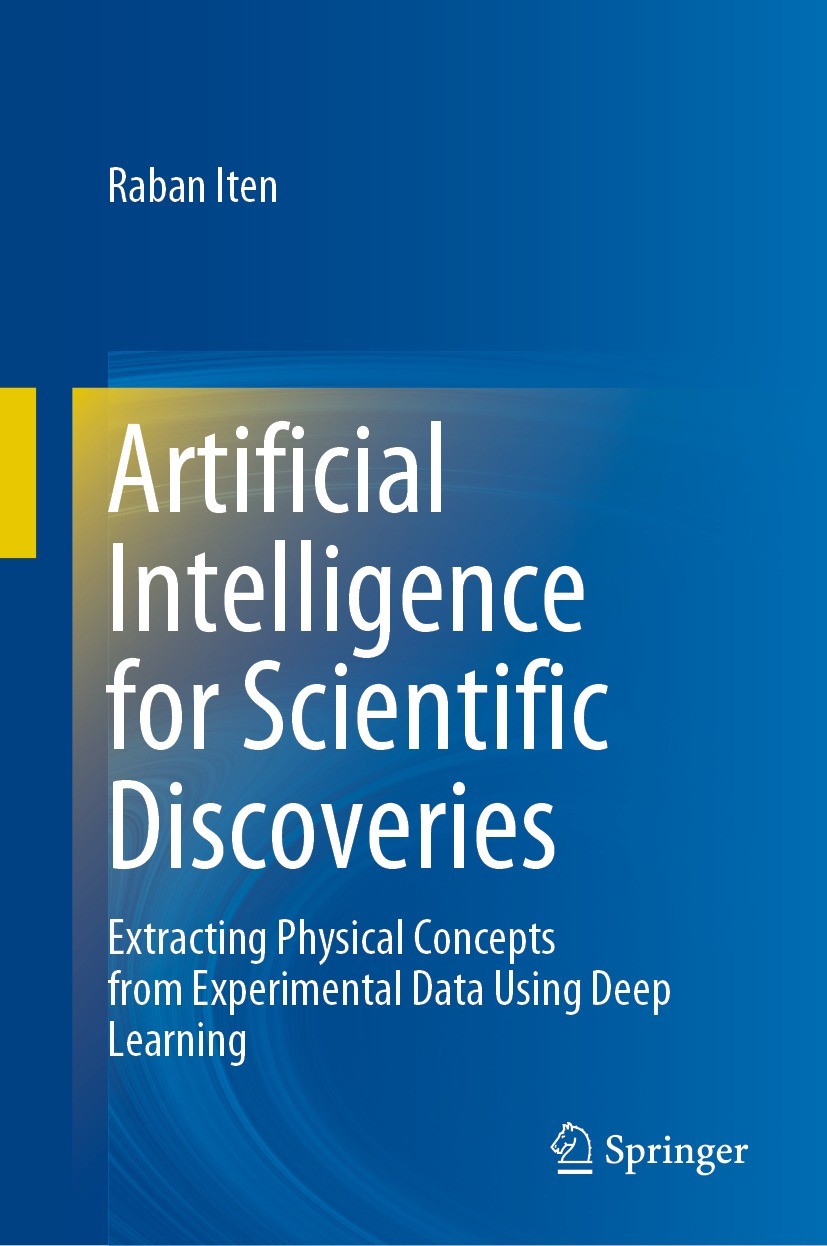| 期刊全稱 | Artificial Intelligence for Scientific Discoveries | | 期刊簡稱 | Extracting Physical | | 影響因子2023 | Raban Iten | | 視頻video | http://file.papertrans.cn/163/162390/162390.mp4 | | 發(fā)行地址 | Provides an overview for scientists of how machine learning can help to discover physical concepts.Introduces a general framework that can help the reader to extract relevant parameters from experimen | | 圖書封面 |  | | 影響因子 | . .Will research soon be done by artificial intelligence, thereby making human researchers superfluous? This book explains modern approaches to discovering physical concepts with machine learning and elucidates their strengths and limitations. The?automation?of the creation of experimental setups and physical models, as well as model testing are discussed. The focus of the book is the?automation?of an important step of the model creation, namely finding a minimal number of natural parameters that contain sufficient information to make predictions about the considered system. The basic idea of this approach is to employ a deep learning architecture, SciNet, to model a simplified version of a physicist‘s reasoning process. SciNet finds the relevant physical parameters, like the mass of a particle, from experimental data and makes predictions based on the parameters found. The author demonstrates how to extract conceptual information from such parameters, e.g., Copernicus‘ conclusion that the solar system is heliocentric.?..?. | | Pindex | Book 2023 |
The information of publication is updating

|
|
 |Archiver|手機版|小黑屋|
派博傳思國際
( 京公網(wǎng)安備110108008328)
GMT+8, 2025-10-27 16:57
|Archiver|手機版|小黑屋|
派博傳思國際
( 京公網(wǎng)安備110108008328)
GMT+8, 2025-10-27 16:57


